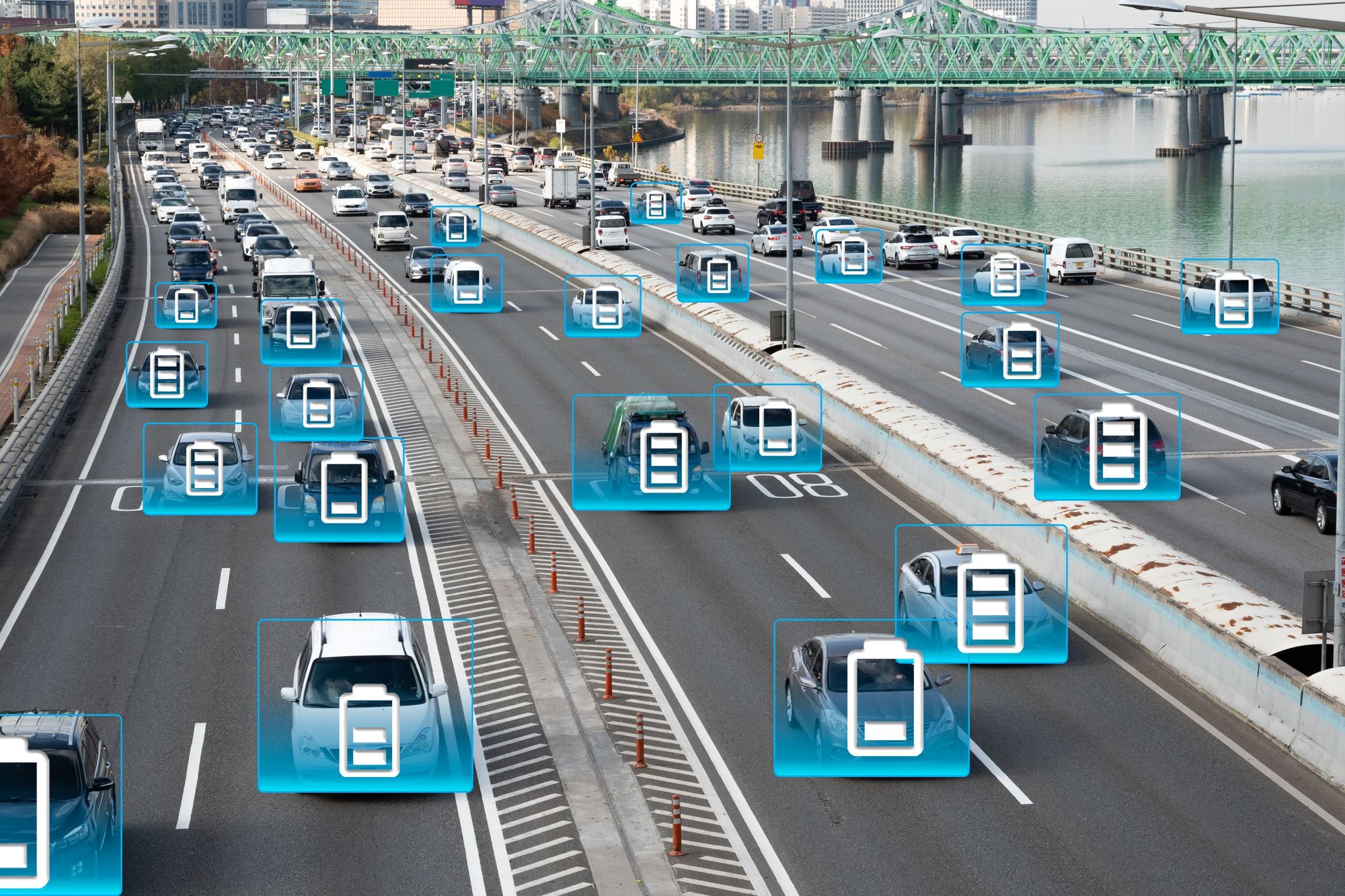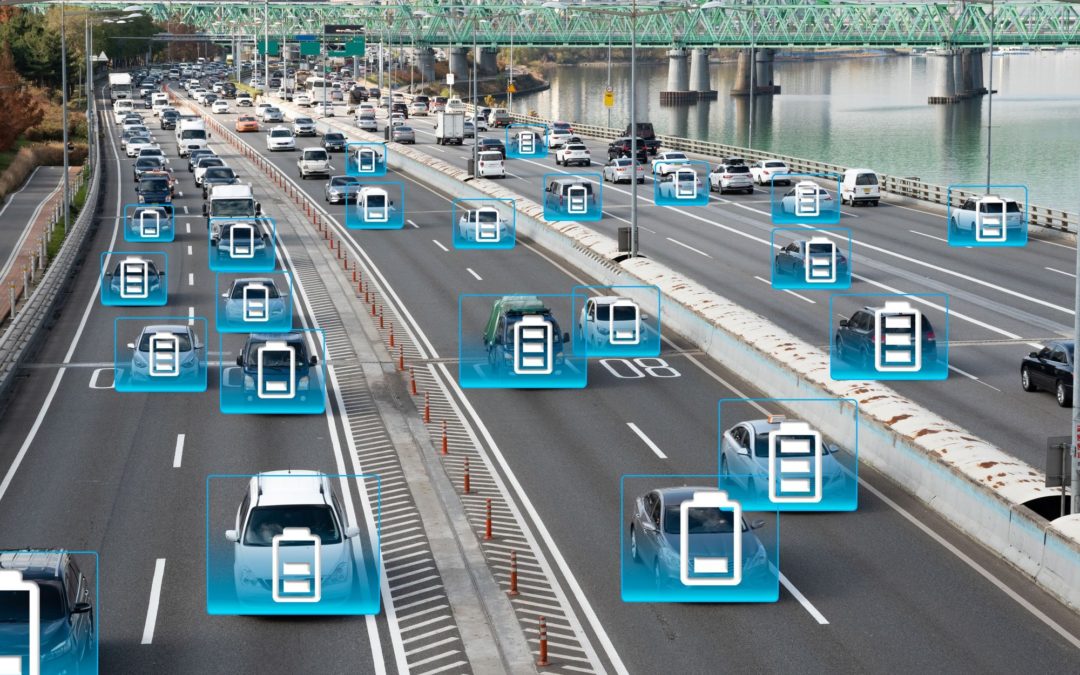
When people talk about “self-driving cars”, it is often connected with talking about a distant future. But now it’s happening in Germany, for real.
A bill that allows self-driving cars has been passed in Germany. This means that self-driving cars of level 4, i.e. the penultimate level, are permitted in certain areas throughout the country. Germany is the first country in the world to approve such law. The goal is that self-driving cars can start rolling on the roads already in 2022.
“Today, we are taking a big step towards the future: the Federal Council has accepted our law on self-driving cars. This enables self-driving vehicles on the roads – as the first country in the world. By doing this, we set international standards” said Minister of Transport Andreas Sheuer in a statement on the government’s website.
The law approves self-driving in certain situations and for certain actors such as buses that run on specific fixed routes, the last mile for taxi transports, and travel between special distribution centers. Germany now hopes that the EU will follow and put in legislation that harmonizes with the new domestic one.
1400 tests in progress
At the same time, the development of self-driving cars is in full swing. Audi has decided to invest 16 billion Euros in the development of its self-driving cars, and over 80 companies are testing a total of 1,400 self-driving vehicles in California.
The Chinese startup company Pony.ai has just been approved to test self-driving, driverless taxis in three cities in California.
Many people are still skeptical of “self-driving cars”. The phenomenon has been discussed for a long time, but few have had the opportunity to experience it themselves. In a survey from 2018 in the USA, just over 60 percent answered that they would not go with a self-driving car voluntarily. The numbers look better today, but it takes time.
Of the 88 accidents that happened between 2014 and 2018, involving self-driving cars in California, 81 were caused by a human driver. Uber, Tesla, Waymo and others follow up on all data that is registered to correct any potential flaws in the technology. Tesla notes that their cars were involved in more accidents when the driver was driving than when the autopilot was in command.
For those of you who are curious about statistics around self-driving cars you can read more about it here.





